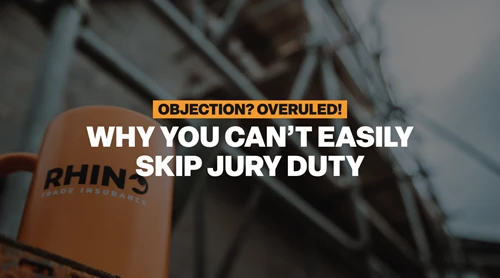If you are passionate about working with power, solving technical problems, and ensuring the safety of electrical systems, pursuing a career as an Electrician in the United Kingdom could be an excellent choice. Electricians are crucial in maintaining and installing electrical systems in various settings, from residential homes to commercial buildings.
In this guide, we will take you through the steps required to become an electrician in the UK, from acquiring the necessary qualifications to gaining practical experience and entering the industry.
Research and Self-Assessment
Conducting thorough research and performing a self-assessment is essential before venturing on a journey to become an electrician. Gain an understanding of the industry, its demands, and potential career paths.
Consider your own skills, interests, and aptitude for technical work. Excellent problem-solving abilities, attention to detail, and a systematic approach are valuable traits for aspiring electricians.
Education and Training
You must obtain the necessary education and training to become a qualified Electrician in the UK. There are multiple routes you can take:
Apprenticeships:
Consider joining an apprenticeship program offered by various organisations or employers. Apprenticeships combine practical on-the-job training with classroom-based learning. This path allows you to earn while you learn and gain valuable hands-on experience.
College Courses:
Many colleges and vocational institutions offer electrical courses that provide a solid foundation in electrical principles, regulations, and practical skills. Look for courses that are accredited by professional bodies such as City & Guilds or EAL.
Part P Certification:
Obtaining Part P certification is crucial if you aim to work on domestic electrical installations. Part P is a legal requirement for electricians working on residential properties, ensuring they meet safety standards outlined in the Building Regulations.
Qualifications and Certifications
To become a fully qualified electrician, you must obtain the necessary qualifications and certifications recognised by industry standards. Some essential qualifications include the following:
Level 3 Diploma:
Achieve a Level 3 Diploma in Electrical Installations, which covers the fundamental knowledge and practical skills required in the electrical trade. This qualification is often a prerequisite for professional certification.
Industry Certification:
Obtain industry-recognised certifications such as the City & Guilds 2365 or EAL Level 3 NVQ Diploma in Electrical Installations. These certifications demonstrate your competence and expertise in electrical work and are highly valued by employers.
18th Edition Wiring Regulations:
Familiarise yourself with the latest edition of the wiring regulations (currently the 18th Edition) issued by the Institution of Engineering and Technology (IET). This certification ensures that you are up to date with the latest electrical standards and regulations.
Gain Practical Experience
To firm up your skills and enhance your employability, gaining practical experience is vital. Seek opportunities to work alongside experienced and skilled electricians, whether through an apprenticeship programme or by finding entry-level positions in electrical companies.
Practical experience allows you to apply your theoretical knowledge in real-world situations, develop problem-solving skills, and familiarise yourself with the tools and equipment used in the industry.
Join a Professional Organisation
Joining professional organisations or trade bodies such as the National Inspection Council for Electrical Installation Contracting (NICEIC) or the Electrical Contractors Association (ECA) can provide you with networking opportunities, access to current industry regulations, and resources for ongoing professional growth and development.
Read all about why joining trade bodies is important for your business.
Purchase sufficient insurance cover
You are ultimately liable for whatever occurs when you are hired to upgrade a customer's house or fix any electrical problems. To ensure that your company can continue operating in the event of an accident, you must carry the appropriate level of trade insurance. Without the proper insurance, you and your company run the risk of losing your reputation and potentially going bankrupt due to claim costs.
Rhino Trade Insurance is unique in that we are solely focused on the trade sector, and our professional insurance brokers create each of our plans, taking into account the specific requirements of each trade. We can offer customised cover for practically all facets of your work:
Why choose Rhino Trade Insurance?
Give Rhino Trade Insurance a call at 0116 243 7904 if you've been thinking about your electrical trade insurance. Our professionals can offer advice on what your particular business may need for the best protection, and we can provide you with a complete trade insurance solution at a price you can afford.
If you want to learn more about the cover alternatives available for your line of work, why not visit our website or read our insightful blog? From there, you may utilise our straightforward website to acquire a price right away.




